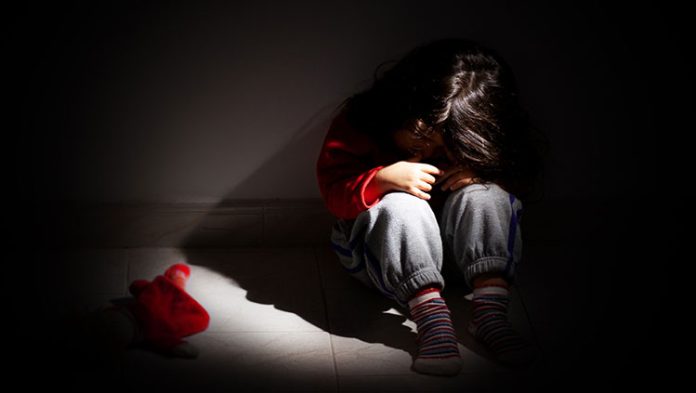The children of families who experience trauma such as divorce, domestic violence or the death of a parent may be at greater risk for developing asthma, according to news release from the American College of Allergy, Asthma and Immunology (ACAAI). The research, published in the College’s April Annals of Allergy, Asthma and Immunology, suggested that children exposed to even one adverse childhood experience (ACE) had a 28 percent greater chance of developing asthma than those who had no ACEs.
For the study, researchers analyzed data from the National Survey of Children’s health. The survey gathered information based on interviews with parents of more than 92,000 children aged 0 to 17 years to explore the relationship between ACEs and the onset of asthma.
“Of all the children in the sample, 31 percent were exposed to at least one ACE,” lead study author and pediatrician Robyn D. Wing, MD, said in the news release.” The most common ACE, according to Wing, was living with a parent who was divorced or separated.
In addition to being asked about marital status, parents were questioned about domestic violence; the presence of anyone in the home who had a problem with alcohol or drugs; if the children lived with anyone who was mentally ill, depressed or suicidal; if they lived with anyone who served time in jail or prison or if a parent or guardian had died. The study also asked about smoke exposure in the home and if parents felt safe in their neighborhood.
Results showed that among the study population, 68 percent had no ACEs, 17 percent had one ACE, 3.8 percent had three ACEs, and 0.93 percent had five or more ACES.
“What surprised us was that among the children who had been exposed to five or more ACES, 25 percent of parents or guardians reported that their child had an asthma diagnosis, compared with 12 percent for those with zero ACE exposures,” said Wing. “The data showed that that the more adverse childhood experiences a child is exposed to, the greater the probability he or she will develop asthma.”
The study authors acknowledged that numerous adverse factors in the home environment can be asthma triggers, including cigarette smoking, cleaning chemicals and the presence of pets. The study, they also noted, does not prove childhood trauma causes asthma, only that there is an association between the two.
Still, given the impact of “dysfunctional families and associated domestic violence,” ACAAI president James Sublett, MD, said “it is even more important that these high-risk children are identified and cared for by experts in the management of asthma.”








